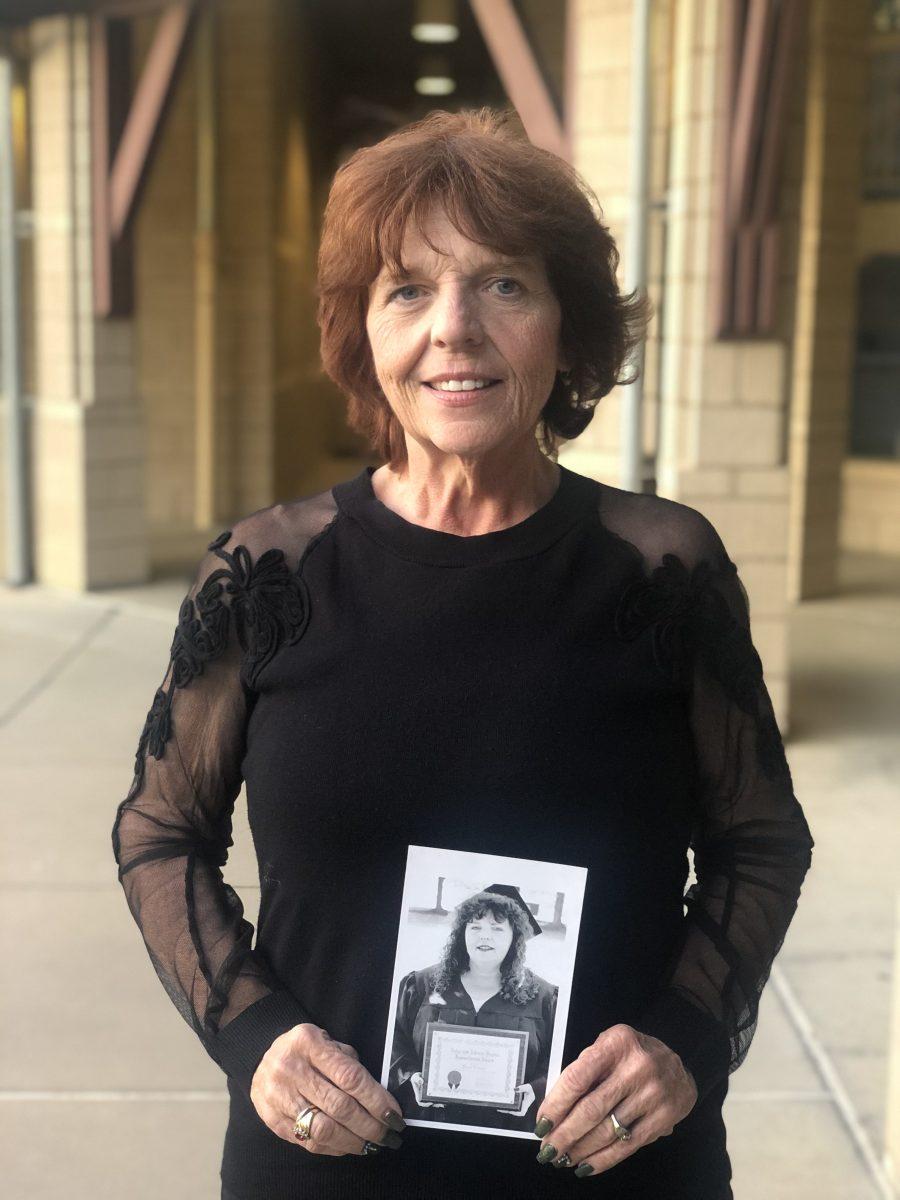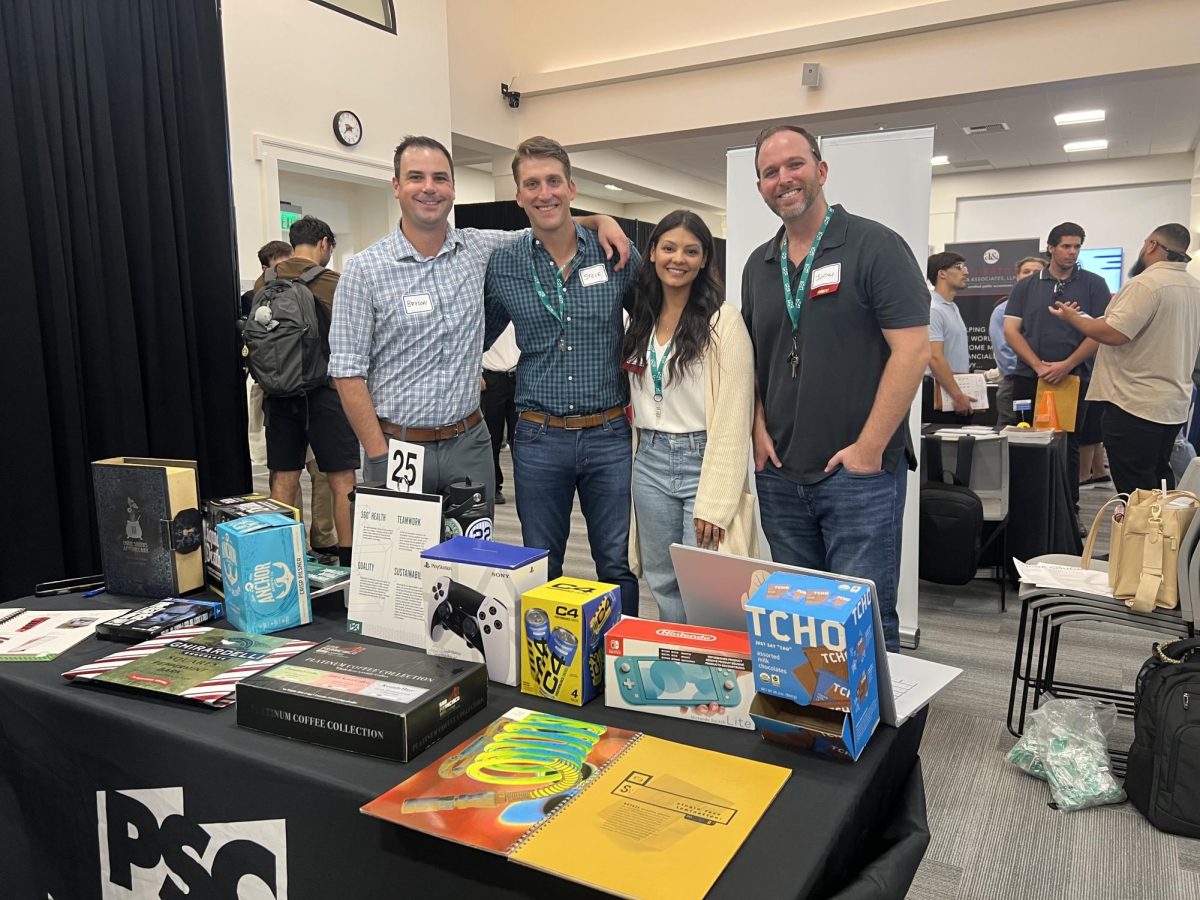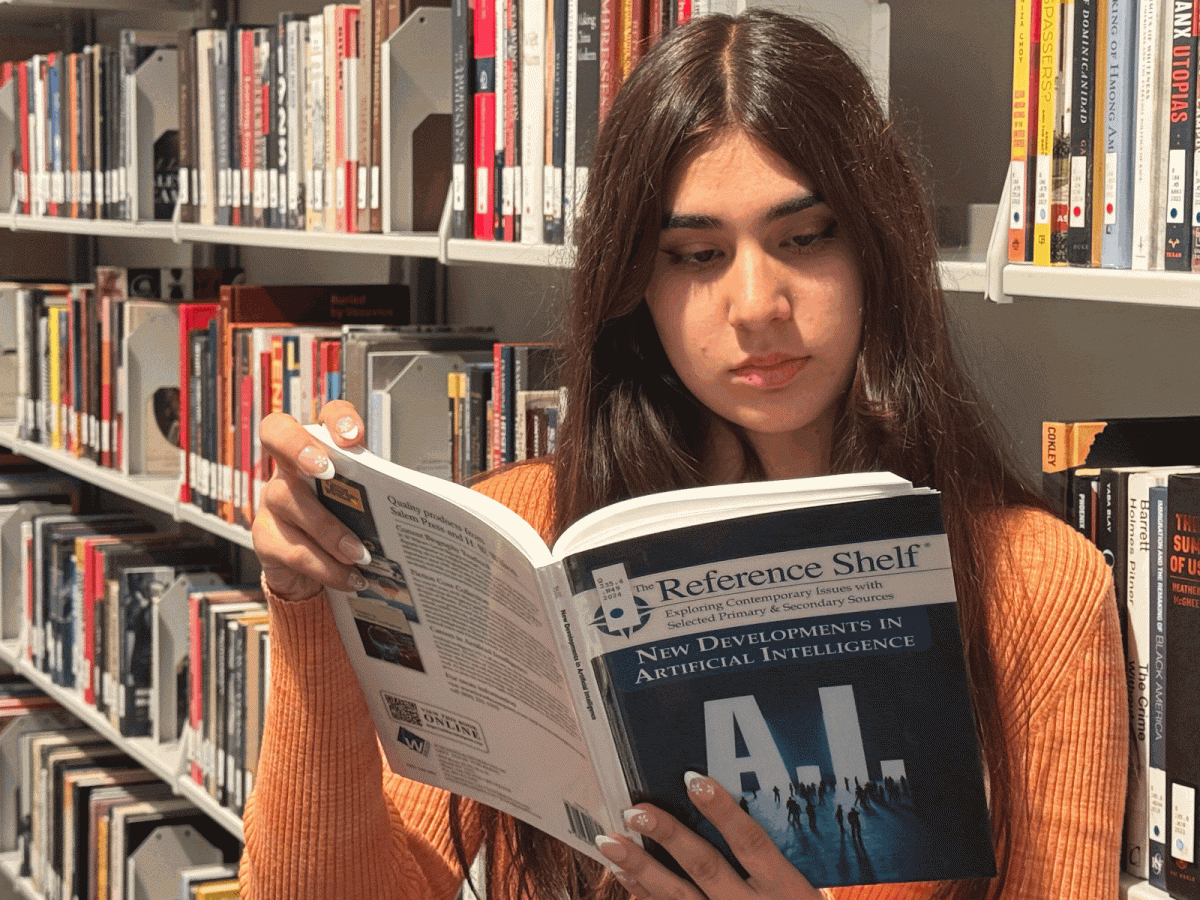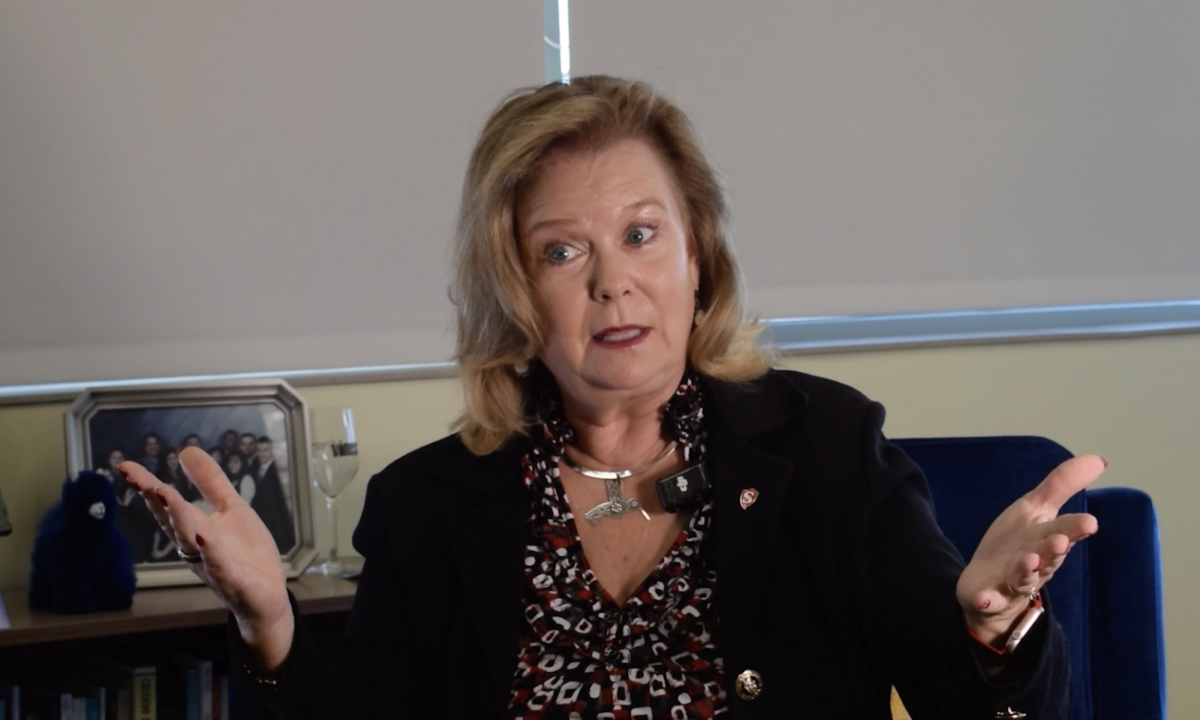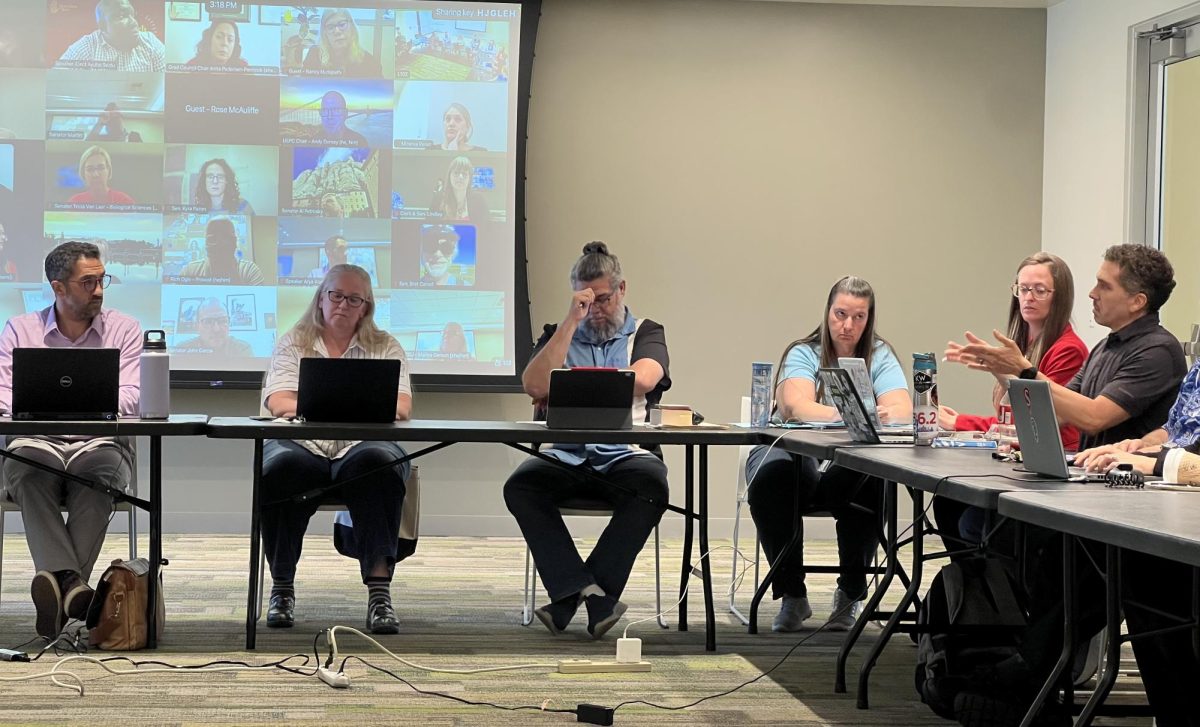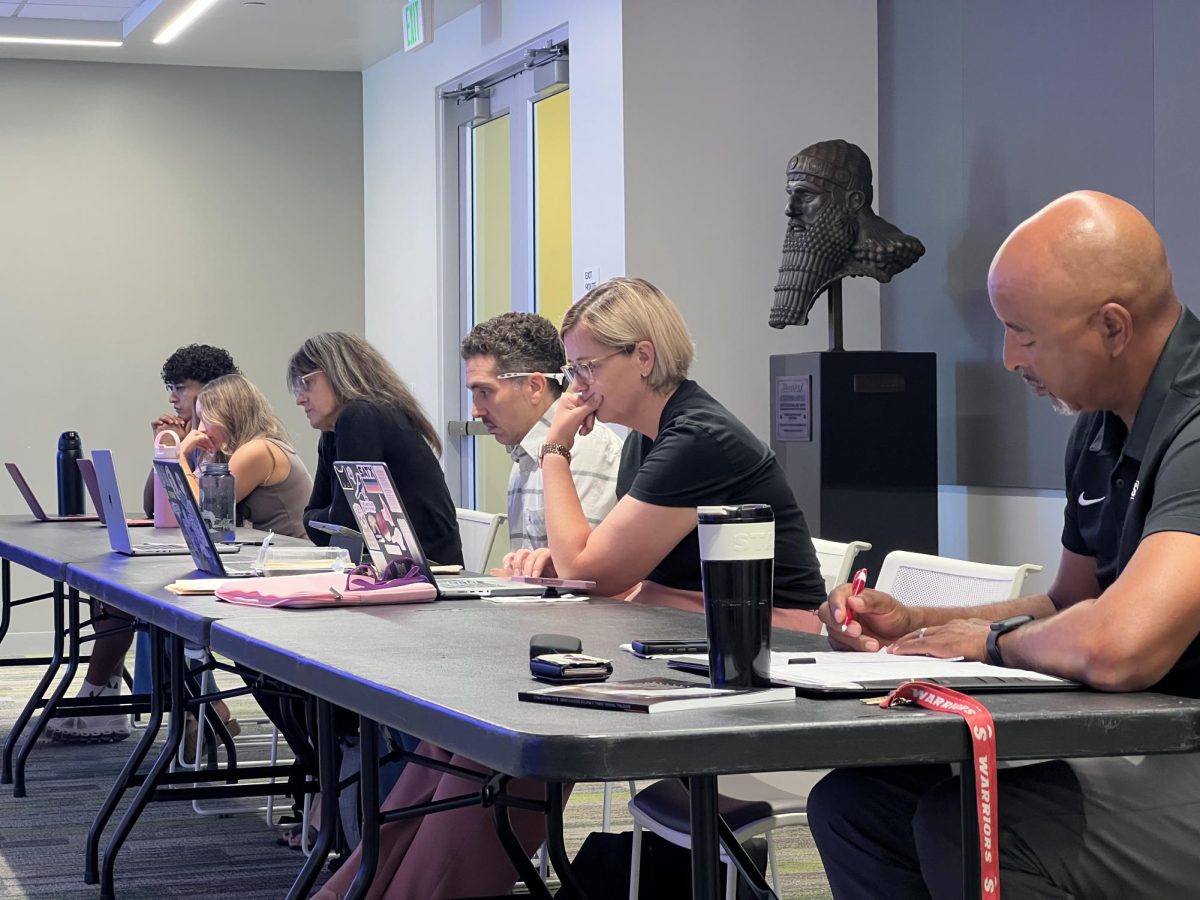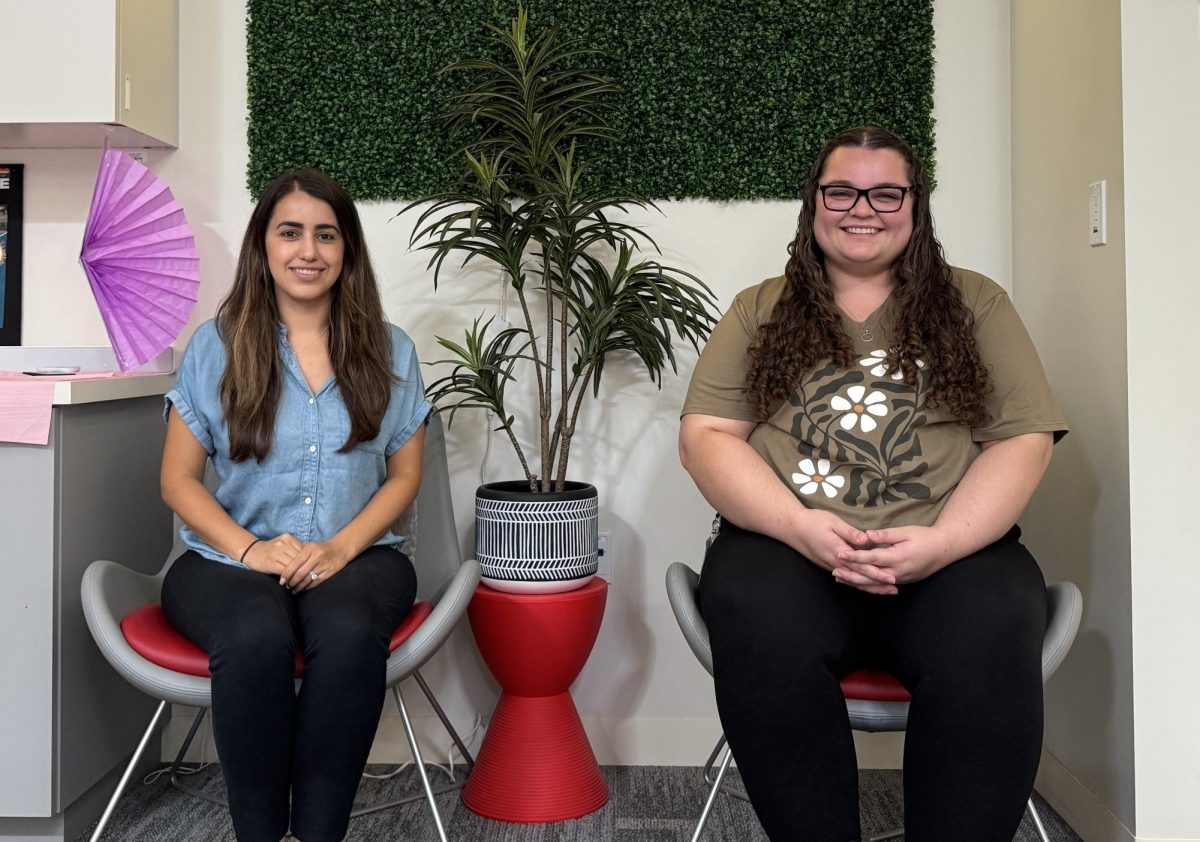Carol Cabral is an alumnus of Stanislaus State and has been inspired to not only put her time and dedication into social work cases through the years, but also to teach her students the reality of the job.
She moved to Turlock in 1977 with her father, mother and older brother from a city in Illinois, 10 miles out of St. Louis, Missouri. She explained how her brother was a college athlete and was always the favorite child.
“I just knew I had to be better than the best one. I had to get more education than the best one in the family, so I went back to school.”
Before going back to school, Cabral had dropped out of school, leaving her with a 1.7 grade point average (GPA). She was denied admission into Stanislaus State due to her GPA.
“My grade point average was 1.7 because I did not drop properly. It was a hard lesson to follow, 13 years later when I went to re-entry those grades followed me.”
She was devastated and cried thinking about how she was going to support her three children. The secretary from Student Services saw her crying and had her talk to the head of Student Support Services, Bill Azouna. Azouna told her he would put her situation before the committee to try to get her in. Cabral’s first day at Stanislaus State as an undergraduate was August 27, 1993, she was 36 years old.
Her favorite classes as a student were Intro to Sociology and The Family with Dr. Paul O’Brien. She explains how he was such a great mentor and educator to her. He helped her get into the Master’s program by writing her recommendation letters.
During her first year of graduate school, she interned at a level 14 group home for severely emotionally disturbed children in Lodi. In her second year of graduate school, she interned at child’s protective services in emergency response.
“I worked myself into the job and they hired me on June 7, 1999. I graduated in May of 1999. I was already trained for a year, so they didn’t really have to invest money in me,” Cabral explained.
Cabral worked in the field for 8 ½ years when working for emergency response, then another 10 years as a child forensic interviewer.
“It was my passion,” she expressed.
In total she had done about 9,000 interviews with children and developmentally delayed adults.
“When I did the forensic interviewing, I prayed every time before I went in for an interview. I would say ‘God help me say the right thing.’ These were crimes that were committed by the time it got to me in forensics. They were horrendous crimes.”
Cabral explaines how Dr. O’Brien helped her to become the first part time professor in the Sociology department back in 2003.
She expresses how much she enjoys teaching and her students.
“Students are the future of our society. They are so fresh and young, so willing to learn, wanting to learn about the past and what they can do to better the future. They just try to learn from our mistakes, and I can’t get enough of the students.” Cabral laughs and said, “I feel like they make me feel so young. I just love my students.”
Cabral is grateful of where she is at in her life and explains how she did it all for her kids.
“I did everything to be the best mom I could be because I wanted to do things differently than how I was raised.”

